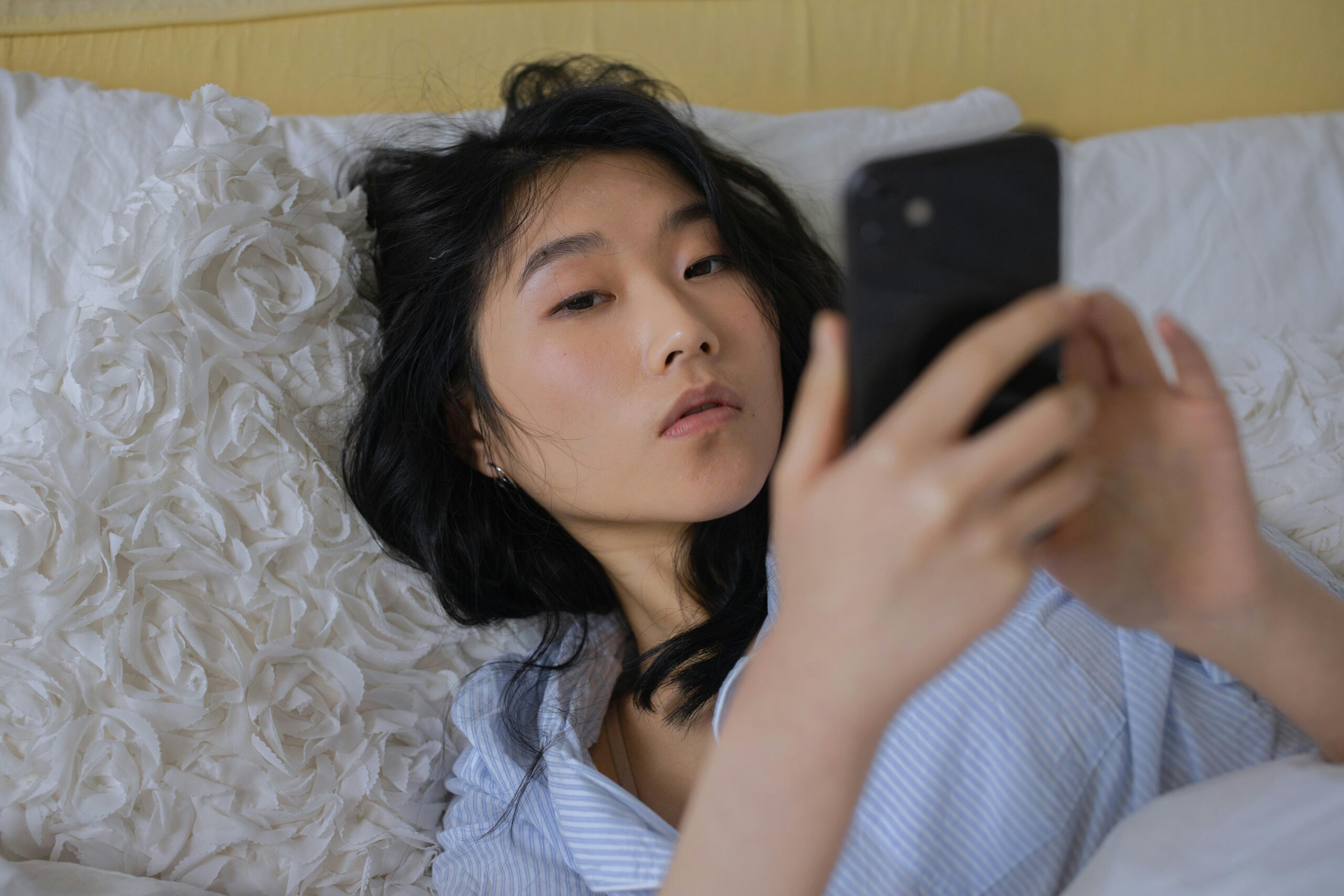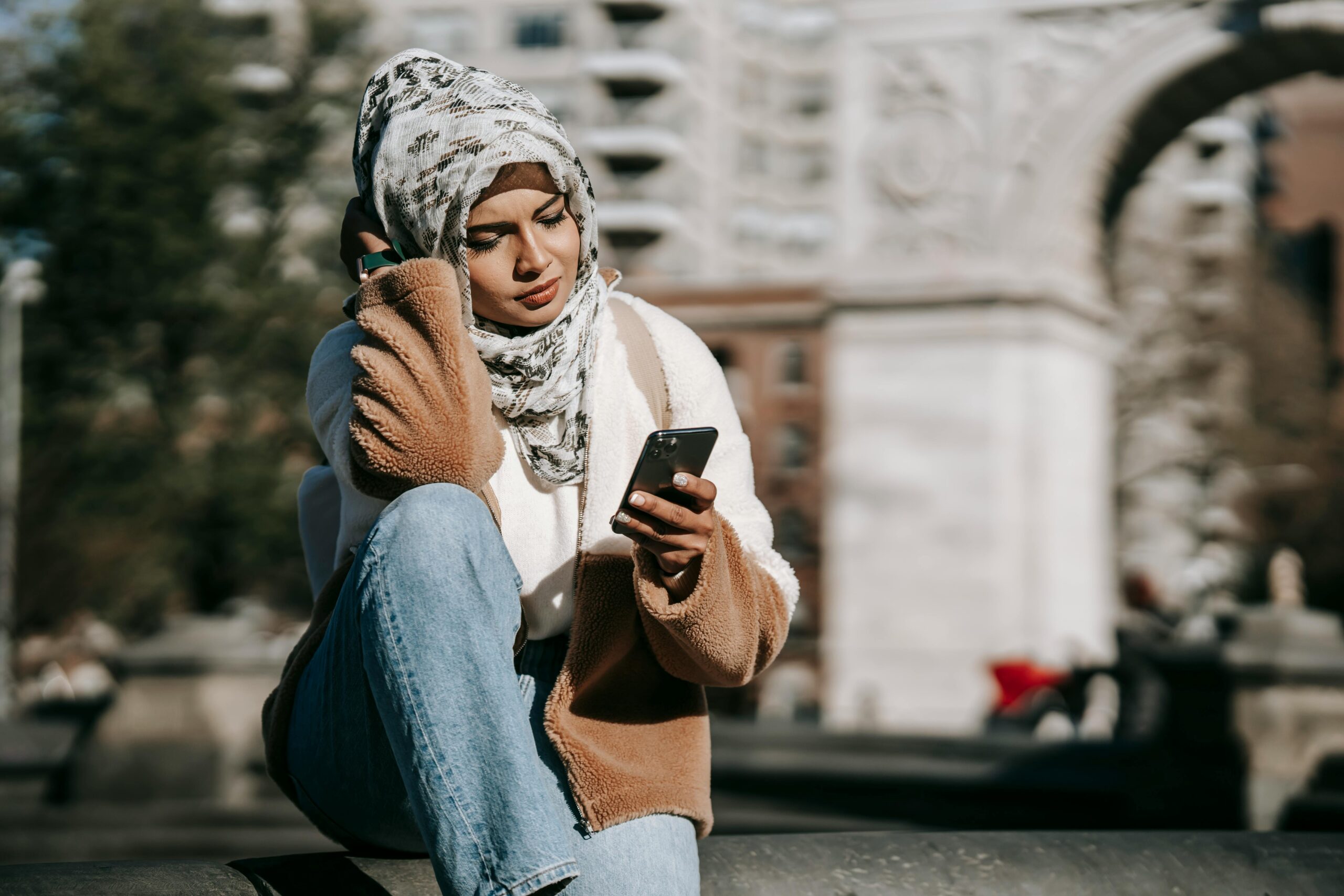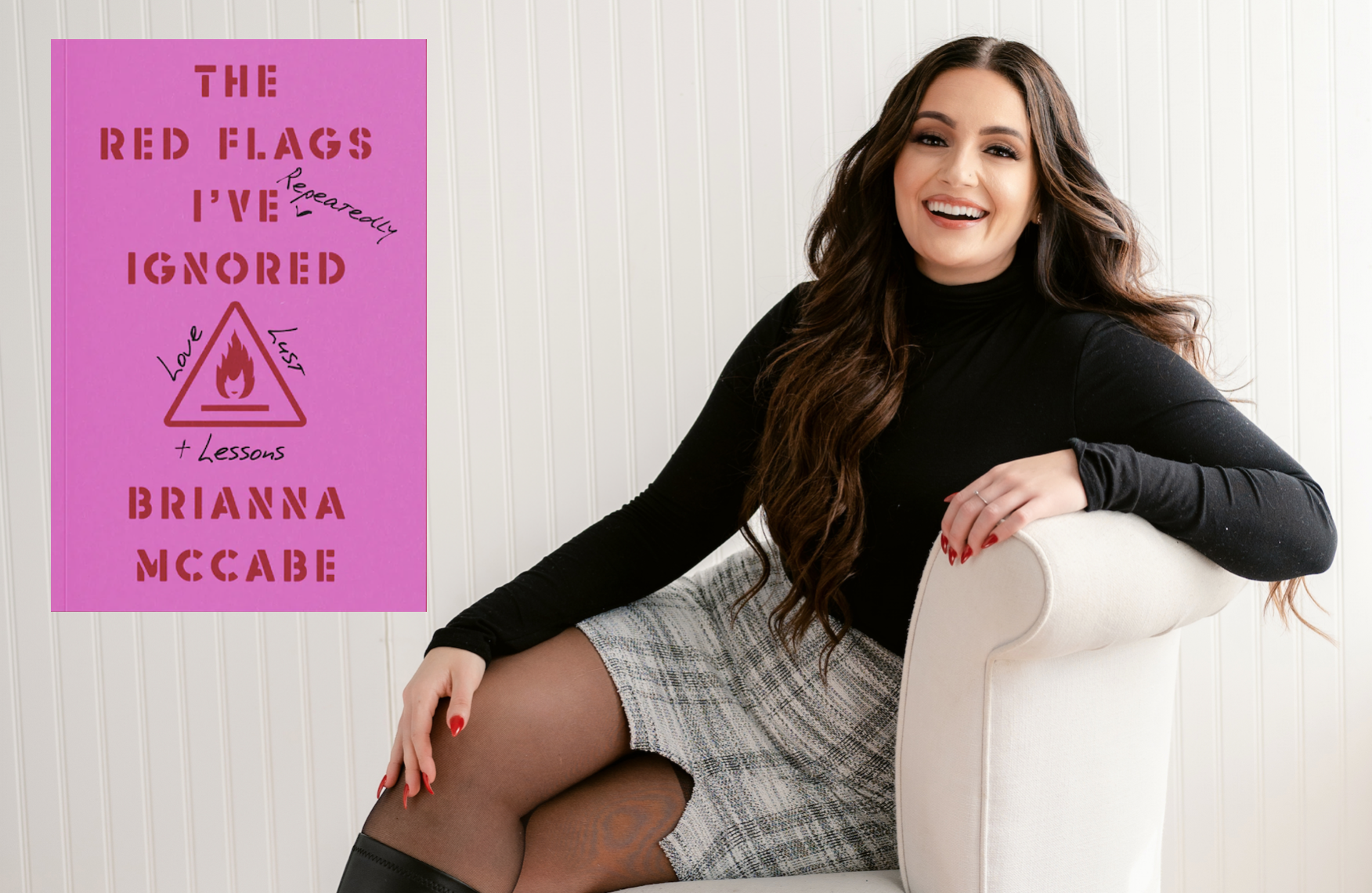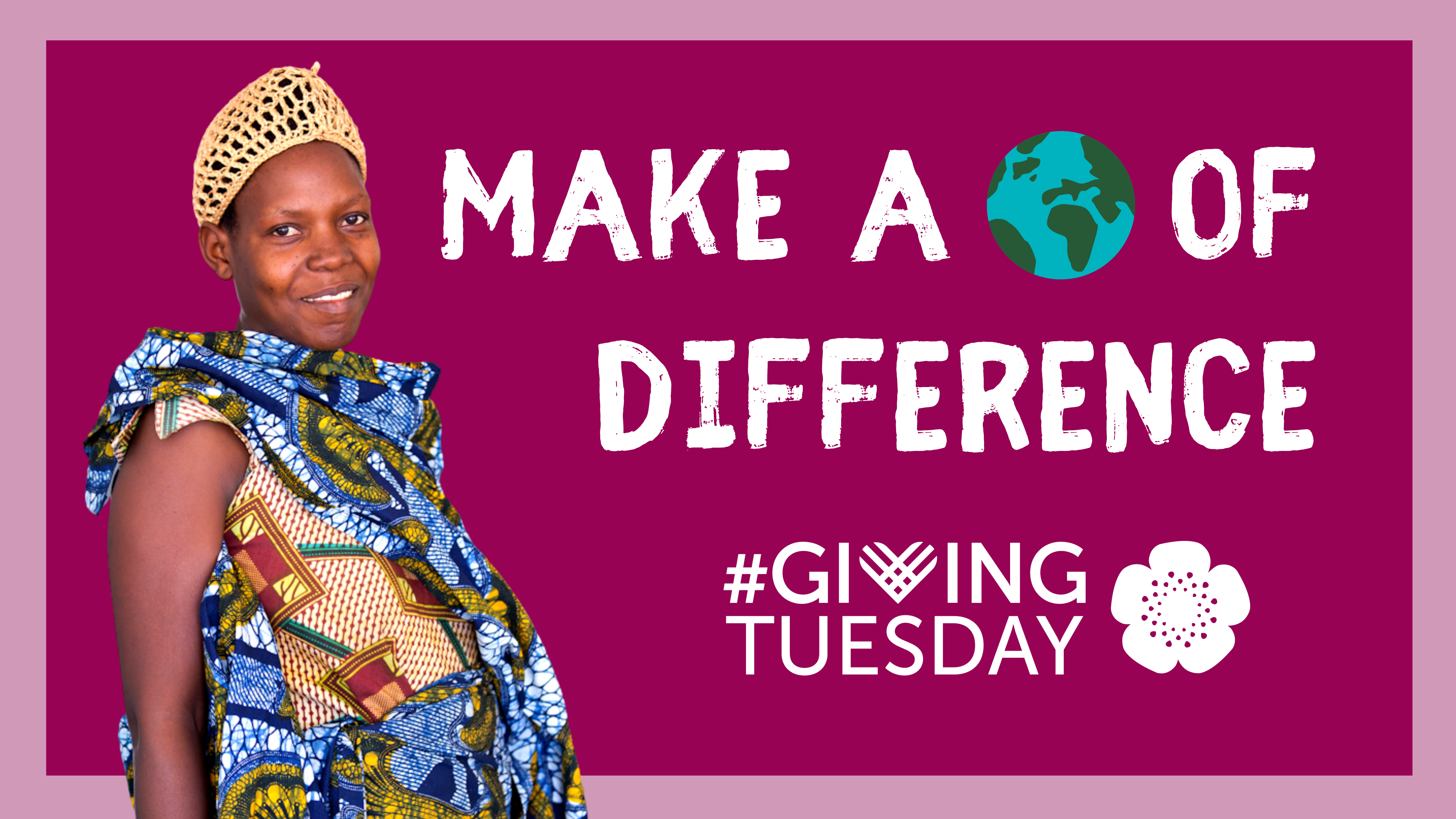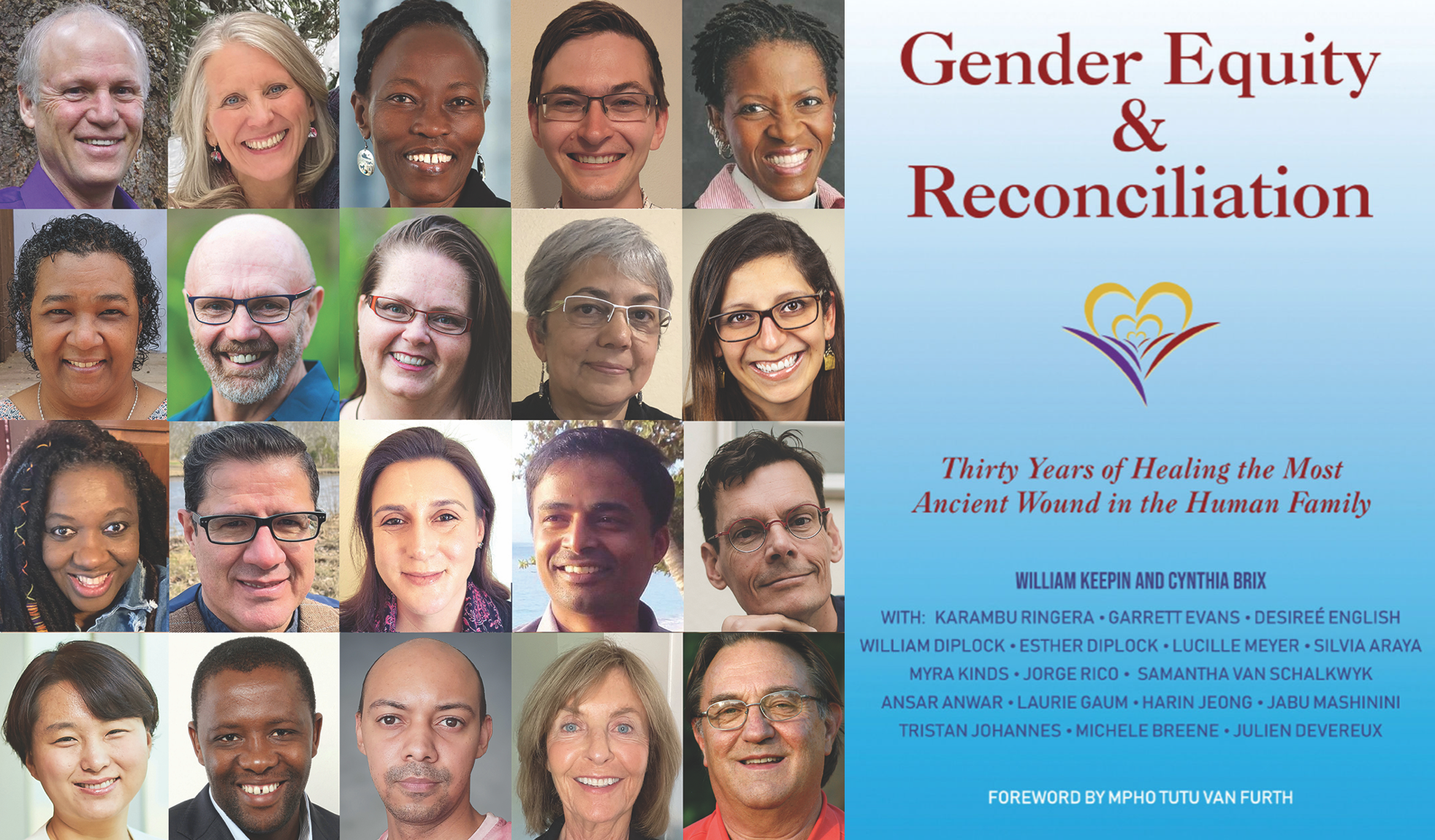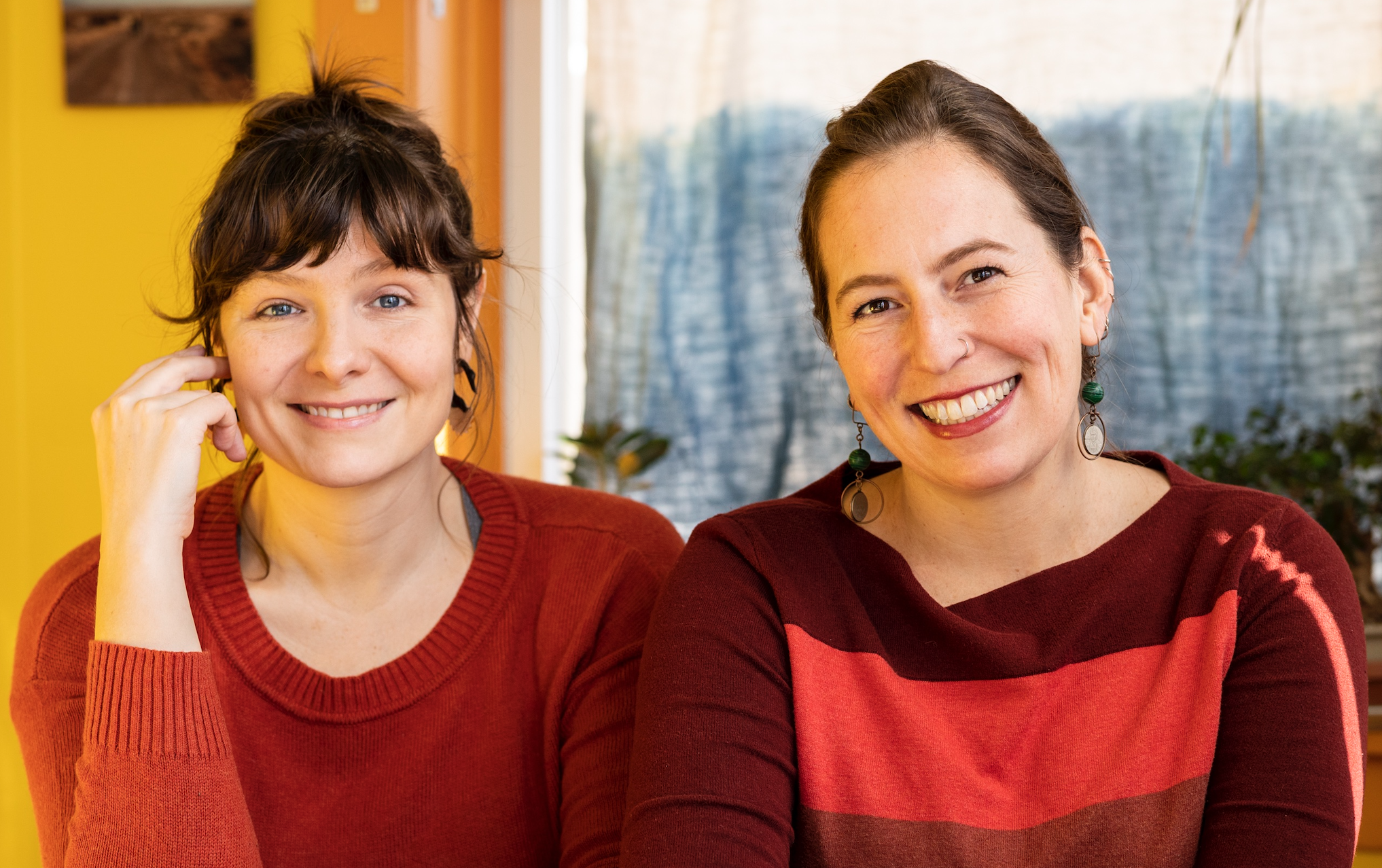
The idea that fair skin is the epitome of beauty is a concept that has been perpetuated in accordance with Eurocentric standards for many generations. In South Asian countries like India, bleaching and fairness creams are a must for women looking to achieve the things society determines they should – marriage prospects, career, admiration for their appearance.
The country’s first and most well-known skin lightening cream Fair and Lovely, launched in 1978, spearheaded the consumer obsession around the pursuit for light skin, which today is a multi-million dollar a year industry, growing at the rate of 10-15% annually. It’s not just for women, as the men’s skin-lightening cream demographic is said to be growing at a rate of 25% per year.
This obsession is steeped in the Western imposition of beauty standards indeed, but for India and some other South Asian countries, it’s part of a long history.
“The country’s obsession with fairness is complicated as it is intertwined with its social fabric. Hindu mythologies are teeming with fair-skinned gods and dark-skinned devils and demons; the predominantly fair Brahmins are at the top of its rigid caste system while comparatively darker Dalits are right at the bottom and are (still) considered impure and untouchables. A long spell under pale-skinned and light-haired British rulers had cemented fairness as a symbol of power, superiority and success in the Indian society,” writes Nilanjana Bhowmick at Glammonitor.
In an effort to examine the ways this issue creeps into all societies, not just in India, three women based in the US have created a social media campaign in order to further discussion about skin lightening creams. Their mission was also to empower women with dark skin to know they are beautiful just the way they are.

Sisters Mirusha and Yanusha Yogarajah and their friend Pax Jones are the pioneers of the #UnfairAndLovely hashtag. Yanusha is a a sociology and social work sophomore and Youtube musician, Mirusha is studying African and African Diaspora studies and government at the University of Texas at Austin (and has focused on the roles of female revolutionary fighters in the Black Panther Party in the US and the Liberation Tigers of Tamil Eelam (LTTE) in Sri Lanka), and Pax is an engineering student.
In a feature for Orange Magazine, Yanusha explained that she used to apply skin bleaching cream for cultural events because she believed all the people who told her she would be a lot prettier if she did. Her sister Mirusha says this type of experience is common among women with darker skin from a number of different ethnicities.
“There are a lot of cultural practices that cement this idea as well, saying you should stay indoors, use certain products, that you should redeem yourself in other ways. This colorism is a worldwide phenomenon that carries the idea that people with darker skin are less attractive and desirable than those with lighter skin,” she said.
With their social media hashtag, they want women to post selfies online as an antidote to the idea that dark skin does not equate to beauty.
“I want darker-skinned women to realize that we are beautiful. We don’t have to succumb to these standards that are up in the air and really toxic,” she said.

The women say industries like Bollywood perpetuate this ideal of fairness as the pinnacle of beauty through the repetition of the same type of women on screen and in the media, so they want to flip the script with #unfairandlovely.
“Fair is a reference to being light, so unfair and lovely just means to be darker and be lovely. It represents an attack on the promotion of skin-lightening,” said Mirusha.
To kickstart their idea, the sisters were the models in a series of photos taken by Pax.
“Pax contacted my sister and said she wanted to focus on dark-skinned South Asian women. When I saw my sister getting ready, I decided I wanted to do it too. I was all about it. It was a really fun, random shoot,” said Yanusha.
The women say the images are a symbol of solidarity and an acknowledgement that dark-skinned women are often marginalized.
“I was inspired by the lived experiences of women who are darker than I am, and consequently see no one in media who looks like them. I wanted to explore how overly colorism translates into a global phenomenon, and how that impacted others from ethnic backgrounds different from my own,” said photographer Pax Jones.

In a Western setting, we can see how the erasure of dark-skinned women, and indeed many non-white people are sidelined, especially in Hollywood. In some cases, the stories and images of minorities have somehow become co-opted and portrayed by Caucasian people as if to send a message that a certain story or person is more digestible to a general audience if it is shown through the “white gaze”.
The outrage over #OscarsSoWhite where every major category at the Academy Awards for 2 years in a row was absent of any African Americans and other minorities (save for Mexican director Alejandro Inarritu Gonzalez). But that is representative for the wider problem in Hollywood. The most famous recent examples are ‘Exodus: Gods and Kings’ casting an Australian actor (Joel Edgerton) and a Welsh actor (Christian Bale) to portray Egyptian and Hebrew historical figures respectively.
And the ‘Gods Of Egypt’ film is pretty much the same deal, where the major characters (Egyptians) are played by Scotsman Gerard Butler of ‘300’ fame, Danish actor Nikolaj Coster-Waldau from ‘Game of Thrones’ and Australian actors Geoffrey Rush, Brenton Thwaites and Courtney Eaton.
Yet people are having a hard time stomaching the idea of black British actor Idris Elba possibly being the next James Bond, and some hardcore ‘Star Wars’ fans threatened to boycott ‘The Force Awakens’ film last year with the news of the first black Storm Trooper, played by appearing in the saga. Clearly that plan backfired because the film, which has only been out for 3 months, is already the third highest grossing film of all time behind ‘Avatar’ and ‘Titanic’ globally, but in the US it surpassed ‘Avatar’.
The media and industries like Hollywood and Bollywood absolutely have a responsibility to promote diversity and dismantle the harmful ideas about skin color associated with an older era. Given the power of visual imagery in the lives of young men and women, if young girls in India grew up watching films where all skin tones were represented as beautiful, powerful, and desired, for example, it would have a massive trickle down effect in society.
“We bring up girls to believe how they look is more important than who they are. Why can’t brands come up with products for all skin shades? Or promote healthy, glowing skin instead of fairness?” said Kavitha Emmanuel, the founder-director of Women of Worth, the Chennai-based NGO behind the ‘Dark is Beautiful’ campaign.
What #unfairandlovely is doing, along with a growing trend of blogs and social media destinations launched by people sick of being told to adhere to the standards, is giving space and voice to those who haven’t had it before in societies which place a lot of emphasis on the lightness of skin.
“The media doesn’t represent dark-skinned South Asian women. It doesn’t display the dynamic culture and the fusion of western and south Asian expression. I wanted to capture it and glorify its importance,” said Pax Jones about her photo shoot with the Yogarajah sisters.
“The purpose was to give people access to a hashtag and social media space that provides support and comfort for dark skinned people of color,” said Mirusha.

These three women know how the skin color issue is closely tied to other political and social struggles.
“I think that this is really emerging in South Asia, specifically India,” said Yanusha.
Recently, the Indian Advertising Council is starting to recognize the damage skin lightening creams are having (took them long enough!) and proposing regulations that prohibit the discrimination of dark-skinned women in their advertising. Bollywood stars like Kangana Ranaut have spoke out against these fairness creams, saying it is insulting to Indians. She even turned down a major contract to be the spokeswoman for a brand.
The #unfairandlovely campaign has teamed up with another social media campaign, #reclaimthebindi, to empower women to take back the narrative of their cultures, which have been appropriated and made to seem more “user-friendly” when co-opted by Western ideals.
“Having this notion of wanting white skin and the self-hatred is really difficult to unlearn since that is what our community echoes and preaches. The courage to put a selfie out there and claim this hashtag is really, maybe, revolutionary,” said Yanusha.
We need more women like this speaking out about why the fundamental idea behind skin lightening cream, which goes WAY beyond just a cream, is discriminatory. Its time to both simultaneously acknowledge the damage institutional racism has inflicted upon generations of young women, and use our voices to promote the beauty of ALL skin tones.












